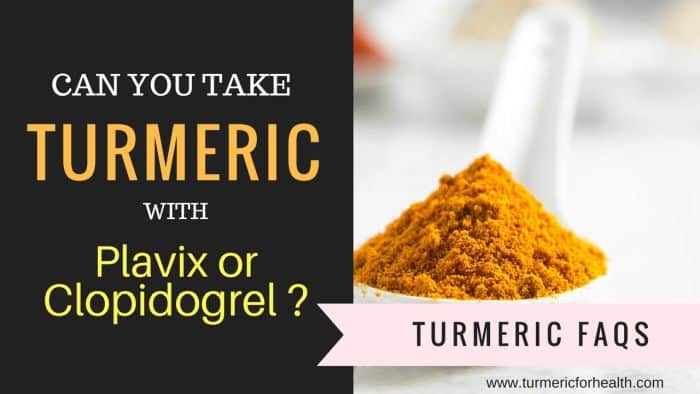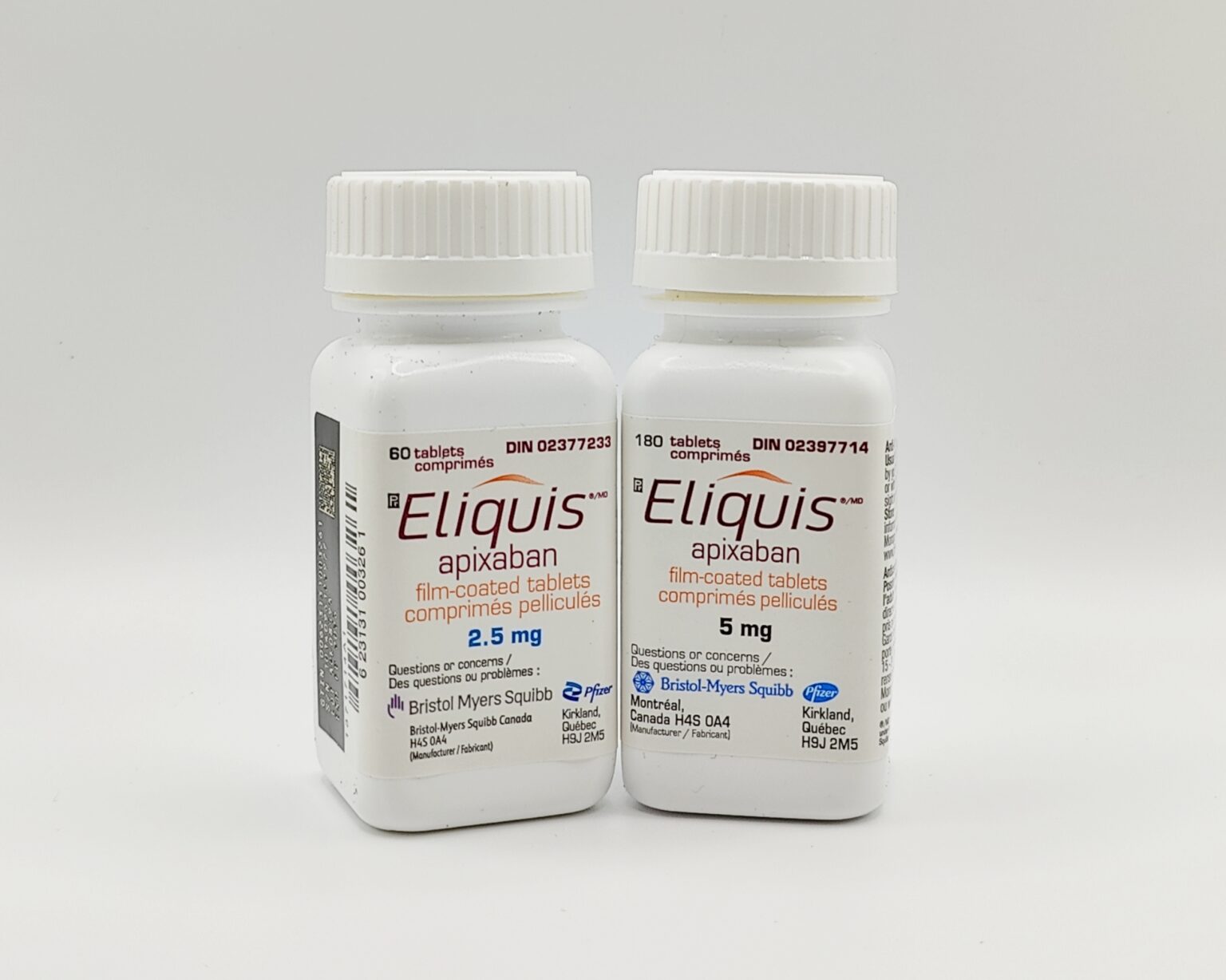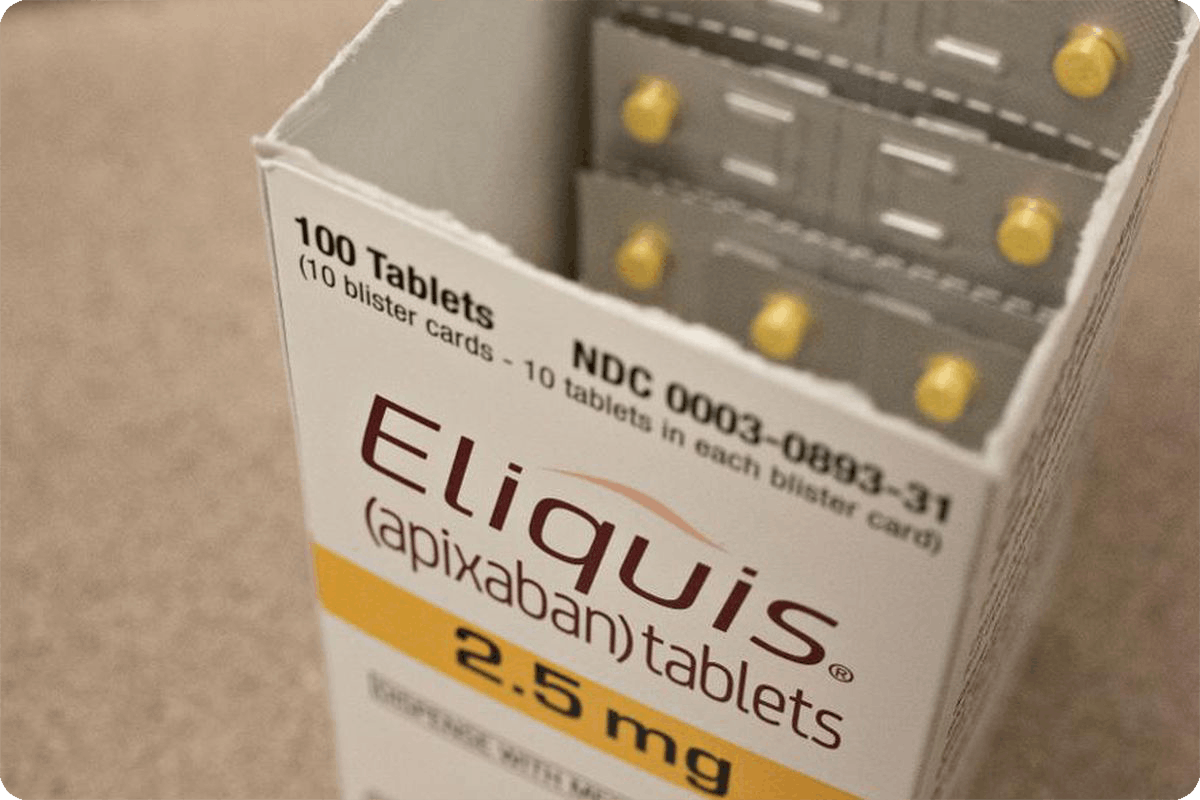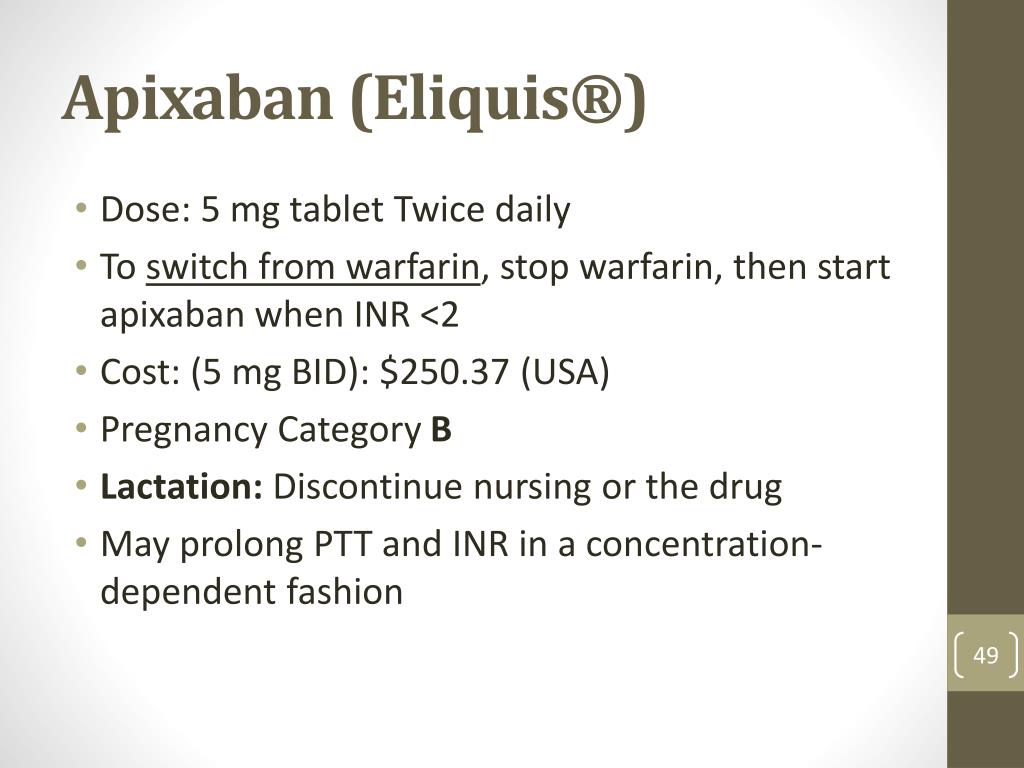Can I Take Turmeric With Eliquis

URGENT HEALTH WARNING: Combining turmeric and Eliquis (apixaban) can increase your risk of serious bleeding. Patients taking Eliquis must be aware of potential interactions with supplements, especially those with blood-thinning properties.
This article addresses the potentially dangerous interaction between turmeric, a common spice and supplement, and Eliquis, a widely prescribed anticoagulant, outlining the risks and providing critical information for patients and healthcare providers.
The Risk of Combining Turmeric and Eliquis
Eliquis (apixaban) is a direct oral anticoagulant (DOAC) prescribed to prevent blood clots in conditions like atrial fibrillation and deep vein thrombosis. It works by inhibiting a specific clotting factor in the blood.
Turmeric, particularly its active compound curcumin, has demonstrated anticoagulant and antiplatelet effects in some studies. These effects, while potentially beneficial for some, can pose a significant risk when combined with drugs like Eliquis.
The primary concern is an increased risk of bleeding. Both turmeric and Eliquis independently thin the blood; when taken together, their combined effects can be additive, leading to excessive bleeding that may be difficult to control.
Understanding the Interaction
The exact mechanism of interaction is not fully understood, but research suggests that curcumin can inhibit platelet function, further potentiating the anticoagulant effect of Eliquis. This raises the possibility of dangerous hemorrhaging.
According to the National Institutes of Health (NIH), supplement-drug interactions are a growing concern, and patients should always consult their doctor or pharmacist before starting any new supplement, especially if they are taking prescription medications like Eliquis.
While some studies have shown that high doses of curcumin can have blood-thinning effects, even moderate doses may pose a risk to individuals already taking anticoagulants. The severity of the interaction can vary depending on factors such as dosage of both turmeric and Eliquis, individual metabolism, and other pre-existing conditions.
Who is at Risk?
Anyone taking Eliquis who also consumes turmeric supplements or uses turmeric extensively in their diet is at risk. This includes individuals taking Eliquis for atrial fibrillation, deep vein thrombosis, pulmonary embolism, or other conditions requiring anticoagulation.
Individuals with pre-existing bleeding disorders or those taking other medications that can increase bleeding risk, such as aspirin or NSAIDs, are at even greater risk when combining turmeric and Eliquis.
Elderly patients may be particularly vulnerable due to age-related changes in drug metabolism and increased susceptibility to bleeding complications.
Symptoms of Excessive Bleeding
It is vital to recognize the signs of excessive bleeding. These can include: easy bruising, nosebleeds, bleeding gums, prolonged bleeding from cuts, heavier than normal menstrual periods, blood in the urine or stool, black, tarry stools, coughing up blood, severe headaches, dizziness, or weakness.
If you experience any of these symptoms while taking Eliquis and turmeric, seek immediate medical attention. Do not delay seeking help, as uncontrolled bleeding can be life-threatening.
What to Do If You Are Taking Both
The most important step is to immediately consult with your healthcare provider. Do not stop taking Eliquis without talking to your doctor, as abruptly discontinuing anticoagulants can increase the risk of blood clots.
Your doctor can assess your individual risk factors and determine the best course of action, which may involve adjusting your Eliquis dosage, discontinuing turmeric supplementation, or closely monitoring you for signs of bleeding.
Be sure to inform all your healthcare providers, including your pharmacist, about all the medications and supplements you are taking, including turmeric. This will help them identify potential drug interactions and ensure your safety.
Expert Opinion
"The interaction between turmeric and Eliquis is a serious concern," says Dr. Jane Doe, a hematologist at the University Hospital. "Patients need to be aware of the potential risks and always discuss any supplement use with their healthcare provider."
"Many patients assume that because turmeric is a natural supplement, it is safe to take with their medications," adds Dr. John Smith, a pharmacist. "However, this is not always the case, and it's crucial to be informed about potential interactions."
Ongoing Research and Future Developments
Research into supplement-drug interactions is ongoing. The FDA and NIH are actively studying the effects of various supplements on prescription medications to provide better guidance to patients and healthcare providers.
Patients taking Eliquis should stay informed about the latest research and recommendations regarding supplement use. Regular communication with your healthcare team is essential for managing your health safely and effectively.
Next Steps
If you are currently taking both turmeric and Eliquis, do not delay in contacting your doctor or pharmacist. Your health and safety are paramount.
Continue to monitor for any signs of excessive bleeding. Report any unusual symptoms to your healthcare provider immediately. Stay informed and proactive in managing your health.
This is a developing situation. Check back for updates and new information as it becomes available.













:max_bytes(150000):strip_icc()/ewl-tier-3-terry-naturally-curamed-dburreson-004-2-2e7f3a8ecb384625a4b793df69a57057.jpeg)




